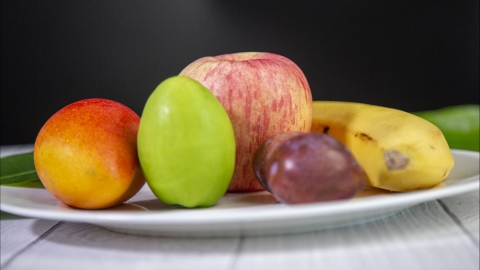Can patients with influenza eat fruits?
Generally speaking, influenza refers to the flu. Patients with influenza can eat fruits, but they should do so in moderation. The detailed explanation is as follows:

Fruits come in many varieties and typically contain abundant nutrients, such as vitamins, dietary fiber, minerals, and antioxidants. Vitamin C in fruits helps enhance the body's antioxidant capacity and immunity, aiding in fighting the influenza virus. Elements like potassium and zinc help maintain normal body functions and immune system operations.
The water content in fruits can replenish fluids lost due to high fever during the flu, helping to alleviate symptoms such as sore throat and dry cough. Dietary fiber in fruits promotes gastrointestinal motility, prevents constipation, and reduces discomfort. The natural sugars in fruits provide essential energy, helping patients combat the flu and recover strength.
However, it is important to consume fruits in moderation, as excessive intake may cause gastrointestinal discomfort, such as nausea, dizziness, or indigestion. Spoiled or rotten fruits should be avoided to prevent worsening of the condition. It is recommended that influenza patients maintain dietary diversity and balance in their daily meals, avoiding excessive intake of any single food or nutrient.







